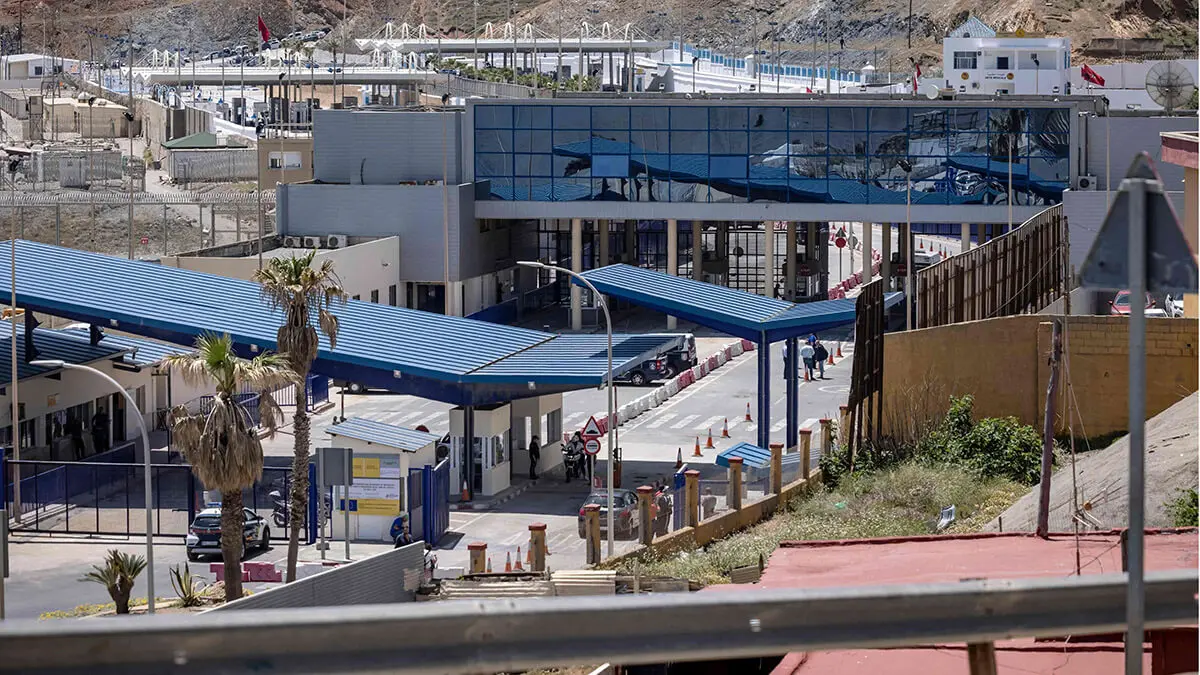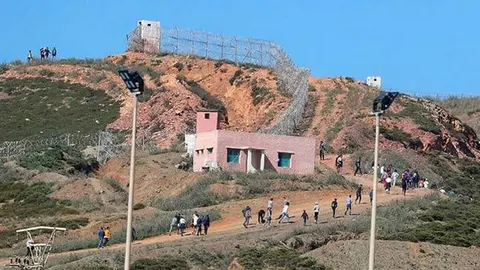Morocco and Spain finalise the opening of customs in Ceuta and Melilla

After three years of negotiations, Morocco and Spain are finalising the details for the opening of customs in Ceuta and Melilla.
The good diplomatic harmony between the two nations is also evident in this trade agreement, which will allow the transit of goods in both directions through the two border crossings.
Diplomatic relations between the two countries are very good following Spain's recognition of Morocco's Autonomy Plan for Western Sahara as the most serious, credible and realistic option for settling the Sahrawi dispute, which has lasted more than 40 years since Spain left the territory and the end of the colonial era.
A determination that was very positively valued by the Moroccan kingdom, since the issue of Western Sahara is a priority because it has to do with the defence of its territorial integrity.
Following this decision by Pedro Sánchez's government, King Mohammed VI invited the Spanish President of the Government to visit Rabat in April 2022, during which the road map was drawn up for what would later become the Spanish-Moroccan political relationship.

One of the consequences of this diplomatic impulse was the High Level Meeting (HLM) held in Rabat in February 2023 and headed by Pedro Sánchez and the head of the Moroccan Executive, Aziz Akhannouch, in which dozens of agreements were initialled in various sectors that were highly beneficial for both nations.
In this dynamic, the negotiations between the inter-ministerial committees set up for the opening of the customs offices of Ceuta and Melilla, at the border crossings between the two countries, came to fruition. These are already close to fructification.
The customs agreement will begin for the time being with the transit of one lorry a day in both directions through each of the two customs crossings on journeys in which certain agreed goods can be loaded.
This is good commercial news for both nations, as the Melilla customs office had been closed since 2018 after a stormy period of diplomatic relations between the two countries, while in Ceuta this customs crossing was never opened.

For the time being, trade will be minimal and highly regulated in this initial stage. Products such as fruit, vegetables and fish will leave Morocco. Spain will export hygiene and cleaning products, household appliances and electronics.
As for what travellers can take with them, this issue needs to be delimited because it has not been clarified what the procedure will be. Currently, the Moroccan authorities do not allow those crossing the border to bring anything purchased on the Spanish side.
For its part, Spain is seeking a regulated trade agreement in Ceuta and Melilla, which is difficult because it could be understood that Morocco fully recognises Spanish sovereignty over the two autonomous cities, which are currently integrated into the Spanish state despite being in the vicinity of Moroccan territory.

The forthcoming opening seeks to generate an orderly and regulated customs trade system between the two nations, which are currently in total political, economic and commercial harmony. As some media outlets such as the newspaper El País have reported, this measure will not only allow products originating in Ceuta and Melilla to be traded, but also those manufactured in any part of Spain, which opens up a scenario of opportunities for traders and businessmen from both countries, as products from any national enclave will be allowed to be traded. The aim is to create an orderly customs system subject to regulation after the informal and irregular activity of recent years.










